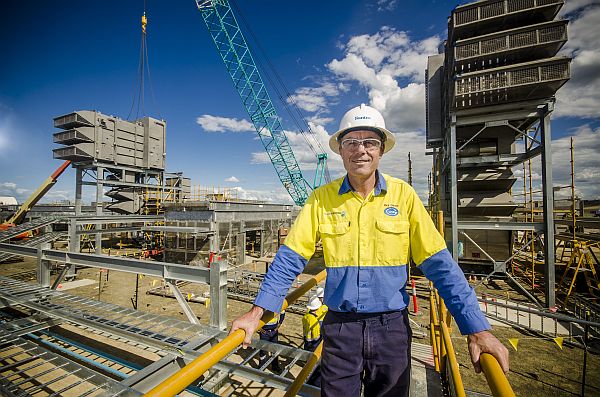21 Sep 2015

Anyone in any doubt that Australia’s industrial relations system is failing need only look at what has happened recently on Barrow Island.
First exports from the giant Gorgon liquefied natural gas project are due within months – six years after Chevron and its partners agreed to develop Australia’s biggest resource project.
But with the finish line within sight, unions have been able to threaten protected strike action to push demands for more generous rosters.
About 750 workers out of a total workforce of 8500 voted to strike in support of a campaign for more time off.
No regard was shown for the industry’s changing economic circumstances or the challenges facing investors.
The strike was averted, but only after the unions secured a more generous roster and a 5 per cent pay rise.
This will no doubt set a precedent for other enterprise bargaining agreements. Indeed, one union leader has already described the outcome as “setting new industry standards.”
Because these project agreements can only be negotiated for no more than four years, they almost always must be renegotiated at critical times in an LNG project’s development.
This lets unions hold developments to ransom – which is exactly what happened at Gorgon and at the Queensland LNG projects.
That is too much power to be in the hands of a few union leaders.
It creates significant uncertainty and risk for investors who need to know what labour costs will be over the life of a project, not just the first few years.
More is at stake than just the timing of a single project or the pay and conditions of already well paid workers.
Rising development costs are a growing threat to oil and gas investment in Australia. We risk losing major projects worth billions of dollars to our competitors if we fail to act.
Overly generous pay and conditions today will mean little if there are no new jobs in the future.
The Fair Work Act, as it stands, can make it impossible to deliver major resource projects on time and on budget.
The Productivity Commission has acknowledged the need for change in its draft review of Australia’s workplace relations framework released last month.
It has recommended that enterprise agreements be extended to cover the life of greenfields projects, from construction through to handover.
This proposal should be supported by all parties.
Far from being radical, it is a sensible and responsible reform that will help our oil and gas sector stay competitive.
I urge the Government and Opposition to accept the Productivity Commission’s recommendation.
Show international investors that we are determined to reduce project costs and make our country more competitive.
Other sensible measures to limit disruptions to major projects should also be considered.
Make no mistake, our competitors are watching. What has happened on Barrow Island will please them no end.
This blog post has been adapted from a speech that Martin Ferguson delivered to a Committee for Economic Development of Australia (CEDA) event in Perth on 21 September. To read this speech, click here.

